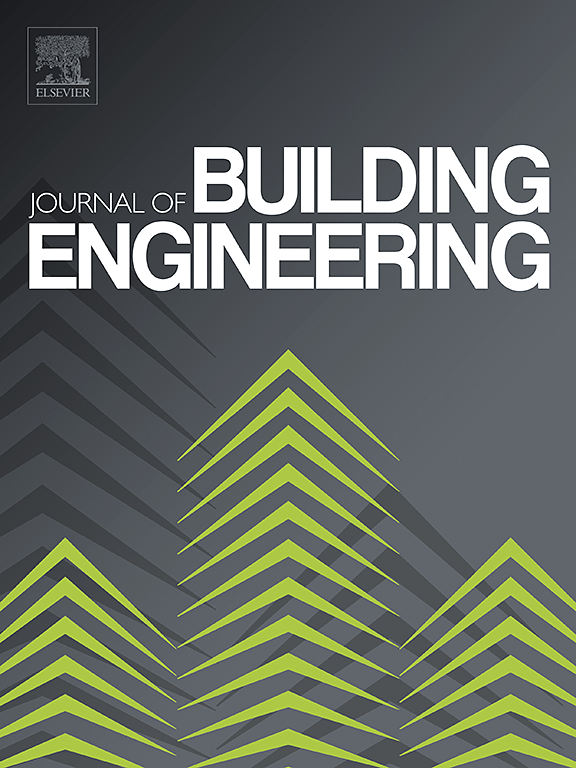基于神经网络预测的大学校园调峰电池储能鲁棒模型预测控制
IF 6.7
2区 工程技术
Q1 CONSTRUCTION & BUILDING TECHNOLOGY
引用次数: 0
摘要
本研究通过展示基于两阶段神经网络的模型预测控制(MPC)算法的有效性,并增强了鲁棒优化,解决了大型大学校园中使用电池储能系统(BESS)优化能源消耗和管理峰值需求收费的挑战。为了实现这一点,我们首先描述了神经网络的架构和鲁棒MPC模型。随后在模拟环境中进行的测试导致该算法在小型测试台上的实际验证,该测试台配置用于模拟微电网系统。结果表明,MPC框架中神经网络和鲁棒优化的集成显著优于传统控制方法,实现了更有效的调峰,降低了能源成本,增强了系统的弹性。增加的鲁棒性有效地解决了预测误差,使控制策略更具弹性和可靠性。该算法在测试台上的成功部署,强调了其实际适用性,突出了其在优化能源消耗和降低建筑物高峰需求费用方面的潜力。这项研究提供了一种新颖的、可扩展的、自适应的控制策略,将先进的预测技术与强大的MPC结合起来,为解决商业和机构建筑的高峰需求挑战提供了有价值的解决方案。本文章由计算机程序翻译,如有差异,请以英文原文为准。

Robust model predictive control of battery energy storage with neural network forecasting for peak shaving in university campus
This study addresses the challenge of optimizing energy consumption and managing peak demand charges in large university campuses using battery energy storage system (BESS) by demonstrating the effectiveness of a two-stage neural network-based Model Predictive Control (MPC) algorithm enhanced with robust optimization. To achieve this, we first delineate the architecture of neural networks and the Robust MPC model. Subsequent testing in simulation environments leads to the practical validation of the algorithm on a small-scale test bench configured to emulate a microgrid system. Results show that the integration of neural networks and robust optimization in an MPC framework significantly outperforms traditional control methods, achieving more effective peak shaving, reducing energy costs, and enhancing system resilience. The added robustness effectively addresses forecasting errors, making the control strategy more resilient and reliable. The successful deployment of this algorithm on a test bench underscores its practical applicability, highlighting its potential to optimize energy consumption and reduce peak demand charges in buildings. This research contributes a novel, scalable, and adaptive control strategy that bridges advanced forecasting techniques with robust MPC, providing a valuable solution to address peak demand challenges in commercial and institutional buildings.
求助全文
通过发布文献求助,成功后即可免费获取论文全文。
去求助
来源期刊

Journal of building engineering
Engineering-Civil and Structural Engineering
CiteScore
10.00
自引率
12.50%
发文量
1901
审稿时长
35 days
期刊介绍:
The Journal of Building Engineering is an interdisciplinary journal that covers all aspects of science and technology concerned with the whole life cycle of the built environment; from the design phase through to construction, operation, performance, maintenance and its deterioration.
 求助内容:
求助内容: 应助结果提醒方式:
应助结果提醒方式:


